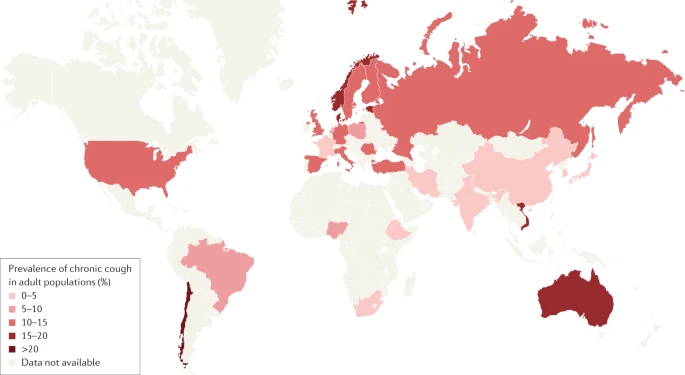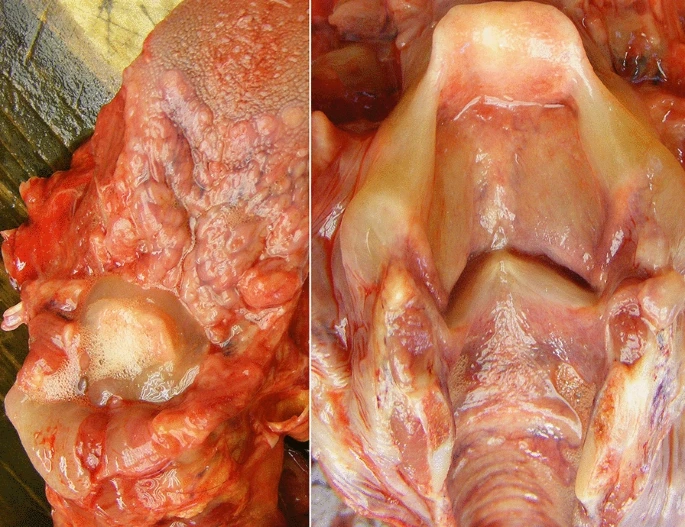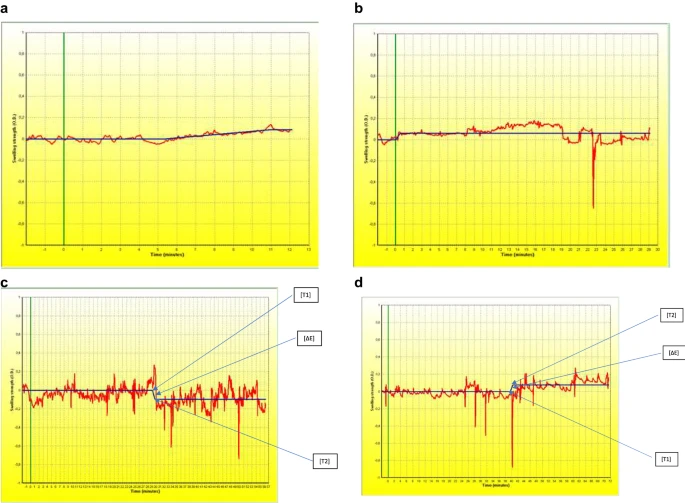Daniil Lisik,Athina Ioannidou,Giulia Spolidoro,Mohamed Ali,Sungkutu Nyassi,Yohanes Amera,Graciela Rovner,Ekaterina Khaleva,Carina Venter,Ronald van Ree,Margitta Worm,Berber Vlieg-Boerstra,Aziz Sheikh,Antonella Muraro,Graham Roberts,Bright I. Nwaru
https://doi.org/10.1002/clt2.12175
Abstract
Background
Recent reports indicate that the prevalence of food allergy is increasing, but accurate estimates remain a challenge due to cross-reactivity and limited use of precise diagnostic methods. Molecular allergy diagnostics, in which sensitization to individual molecular allergens is measured, is emerging as a promising tool for evaluation of sensitization profiles. In this systematic review, we summarized estimates of prevalence of sensitization to molecular food allergens in the general population in Europe.
Methods
Following a protocol prospectively registered with the International Prospective Register of Systematic Reviews (PROSPERO; reference CRD42021266657), we searched seven databases with no restrictions on publication date or language. Two reviewers independently screened the literature, extracted data, and appraised the risk of bias in the included studies. The findings were synthesized narratively.











